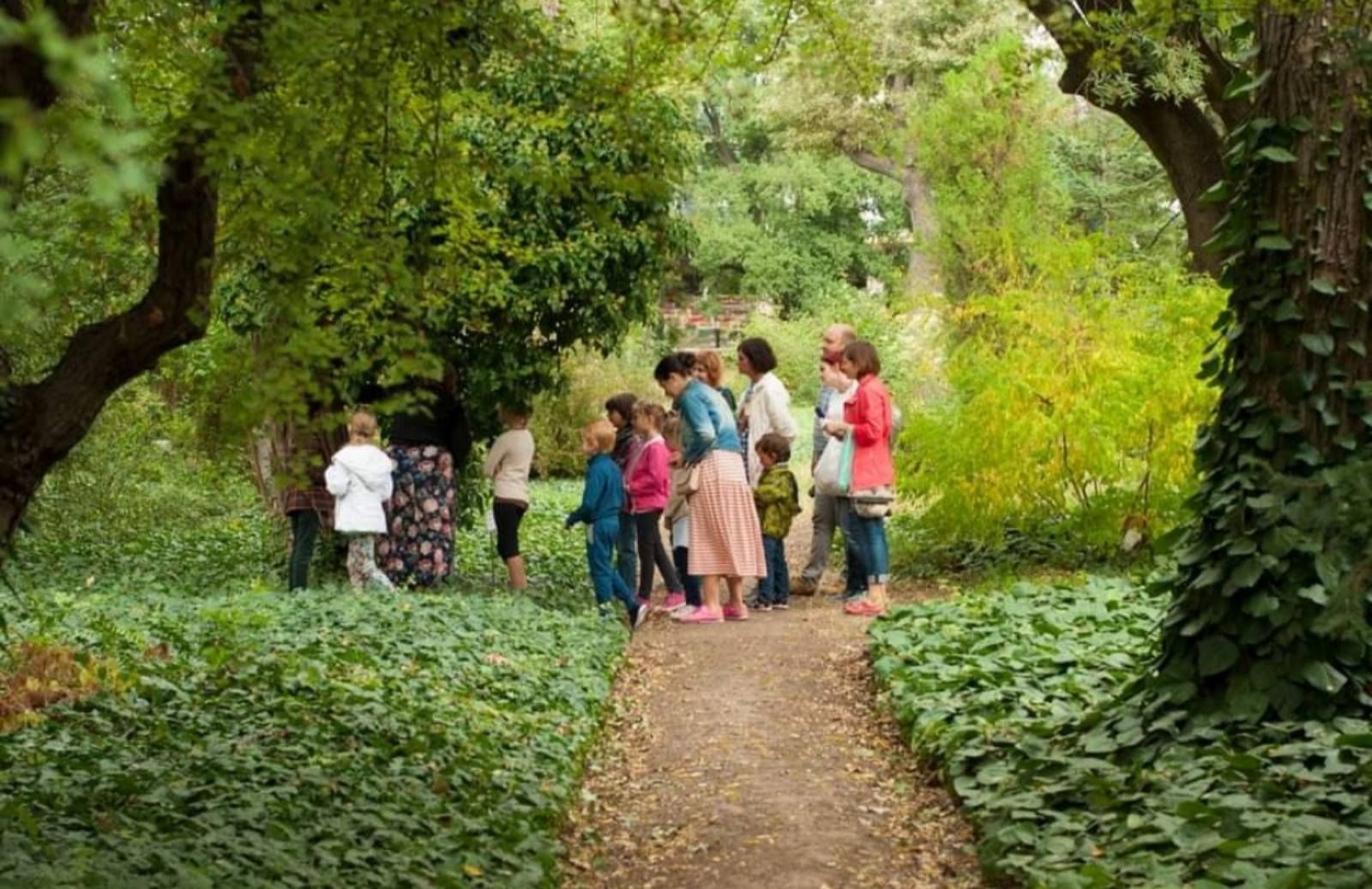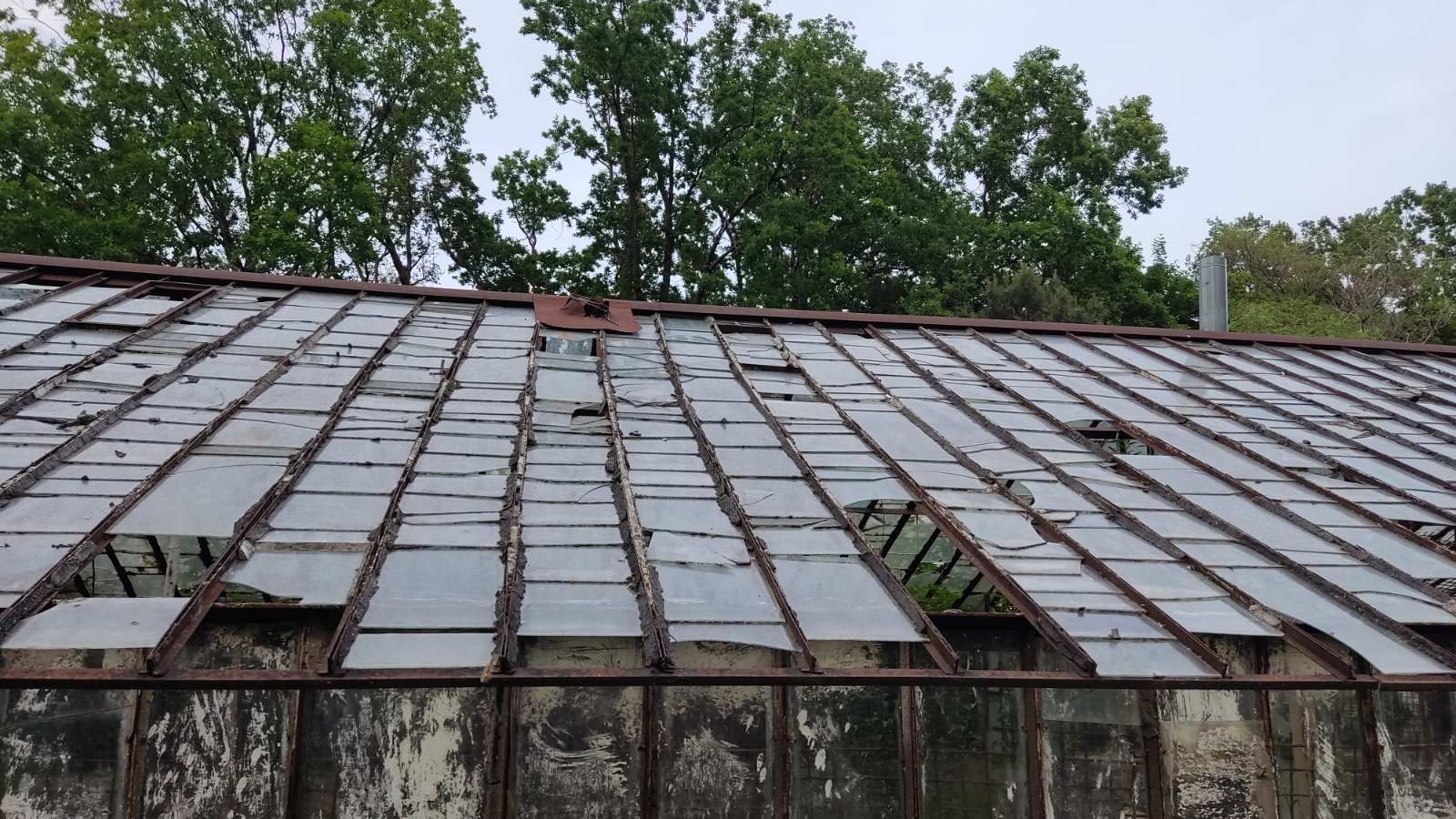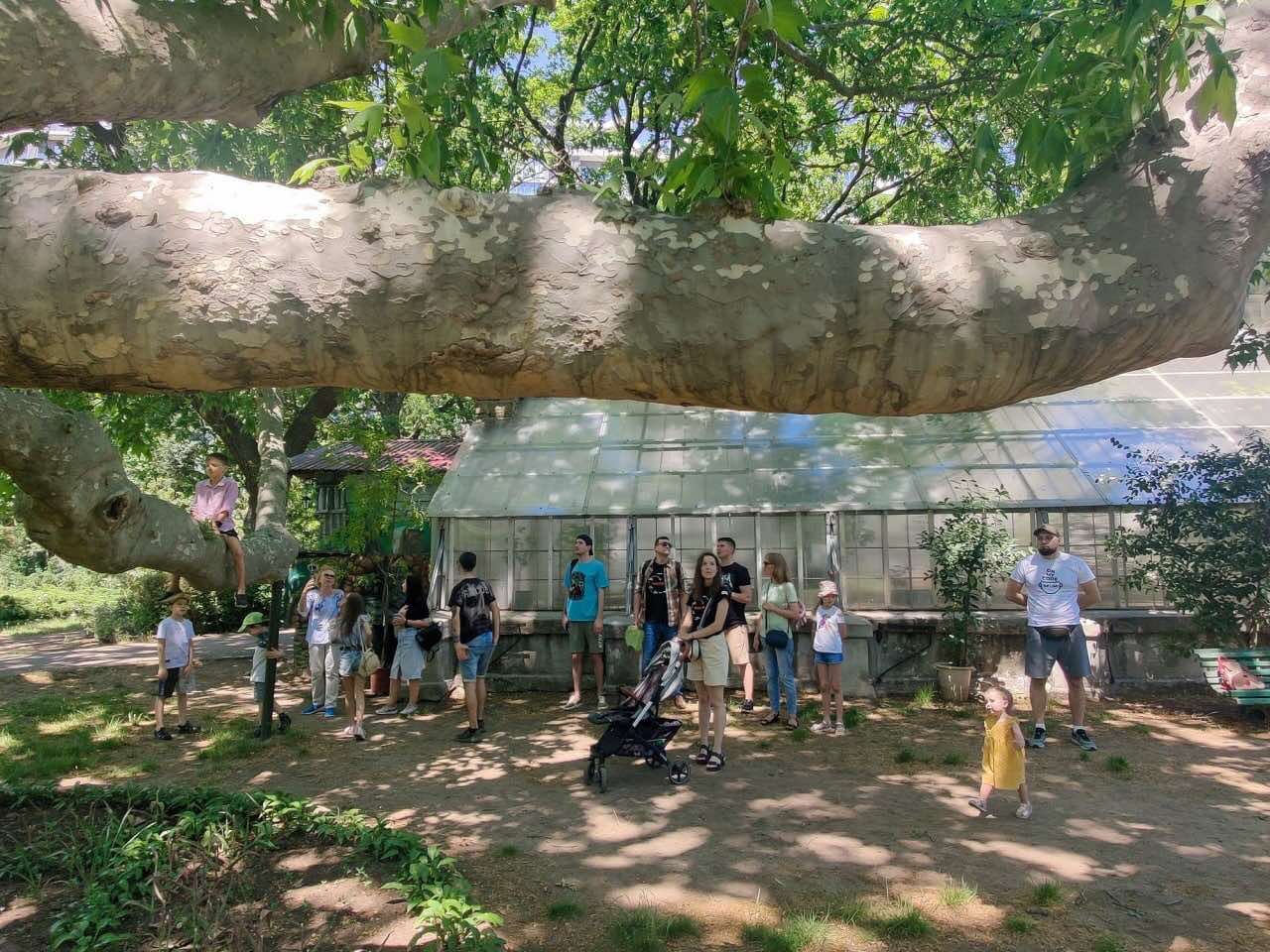Odessa I.I. Mechnikov National University Botanical Garden
2022 Ukraine Botanic Garden Appeal
Odesa I.I. Mechnikov National University Botanical Garden
The dendrological collections of the botanical garden have been formed since 1881. In 1884, a large palm greenhouse was built to house an extensive indoor collection. In 1946 the territory was expanded to 16 hectares. The Odessa Botanical Garden holds around 3,500 taxa in their collections, and includes an arboretum and collections of tropical and subtropical plants; a rich collection of regional flora, endemic and rare plants; collections of medicinal and essential oil plants, as well as ornamental perennial herbs. Over the last 50 years, the garden has mainly been specialising in the study and preservation of the unique regional flora; a variety of endemic, rare and endangered species are cultivated in the garden and studied by its employees in their natural habitats.
Collections at Odessa Botanical Garden
Particularly valued is the garden’s arboretum, founded more than 150 years ago in the harsh conditions of the saline steppes of the northern Black Sea Coast. Since then, the dendrological collection has become a source for plant introduction and landscaping both in the city and the region. The unique collection of tropical and subtropical plants, one of the oldest in Ukraine, presents a number of specimens that have exceed 150 years old.

Odessa Botanical Garden

Odessa Botanical Garden

Odessa Botanical Garden
Impacts of the war
Before the war the garden had 46 staff, but it is currently working with only 26 staff. The work of the botanical garden is negatively affected by a significant reduction in staff and a decrease in the level of funding. Martial law restrictions have made significant changes in the ability to conduct educational and public programs of the botanical garden; and there is physical damage to the infrastructure of the garden.
How will the funds from the Appeal be used?
The funds allocated by BGCI will be used to pay employees who conduct educational events, master classes, quests, lectures for students, schoolchildren and temporarily resettled citizens. And also to fund the salaries of employees as salaries are currently not being paid in full. Work will continue on creating an interactive map of botanical garden plantings, which is relevant in the current circumstances to promote the botanical garden.